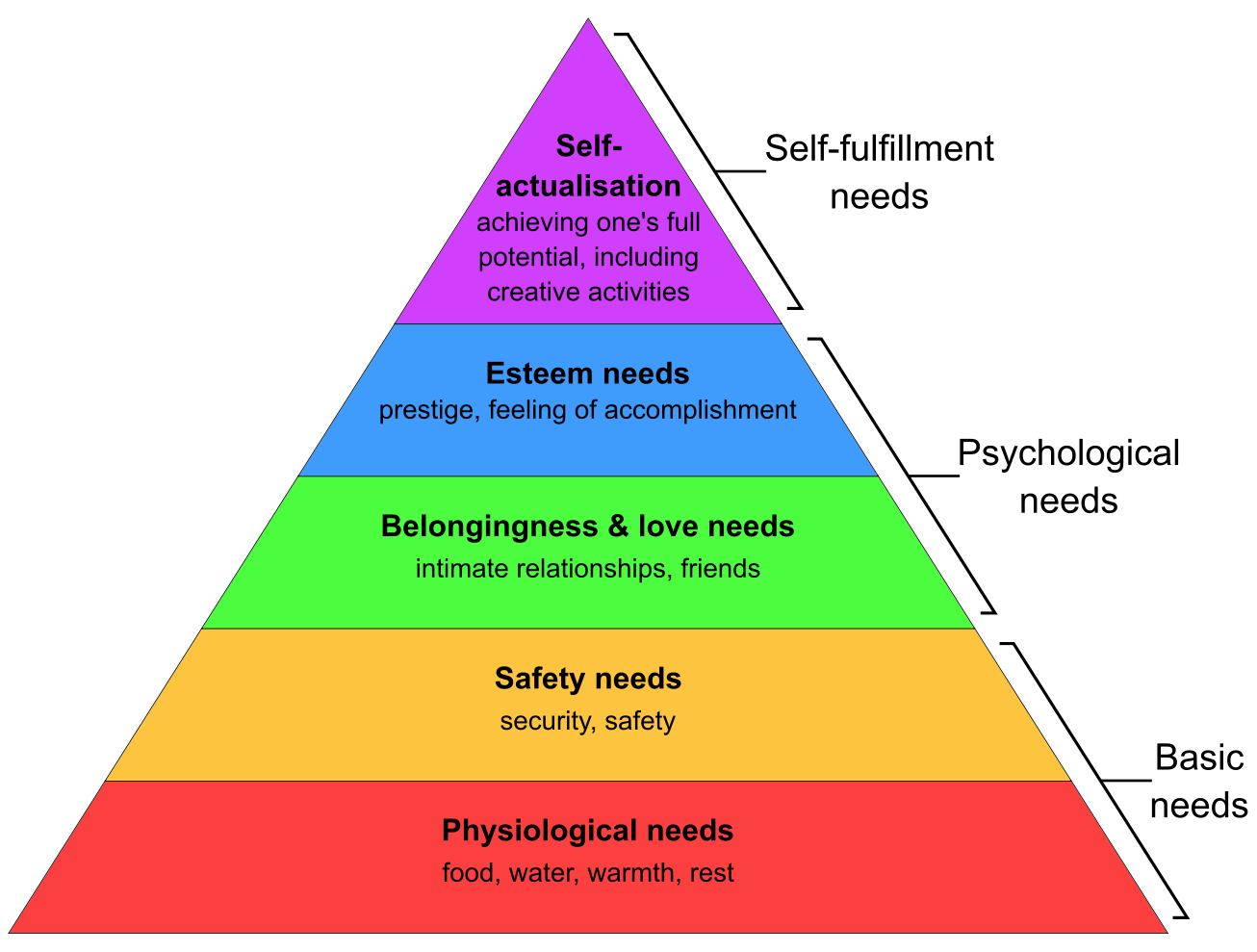"I don't want to kill myself but..."
It’s important to talk about suicidality but it’s also incredibly hard. For people who are suffering, there’s a lot of fear about admitting they may be even vaguely thinking about suicide. They’re afraid talking about it out loud will lead to a traumatic hospitalization or cops banging on the door. Afraid that admitting they’re struggling in this way will lead to dismissal or anger or a big reaction that they can’t handle. And afraid that if they say the words out loud, they’ll be more likely to act on them.
The truth is, talking openly about suicidality does not lead to suicide. Talking about it is actually a protective factor. Protective factors are just what they sound like: the parts (and people and pets) of our lives that keep us safe. Talking out loud about suicide does not cause suicide; research shows it actually can decrease the risk that someone will complete. Still, talking about it is extremely tough. Most people want to avoid bringing it up, especially if the thoughts are just… thoughts.
What I mean is that for many people, their suicidal thoughts are not active. They don’t intend to harm themselves. They don’t have a plan to die. They have protective factors: a pet that needs them; a family who would be devastated; a religious background. But they are suffering. They have thoughts about closing their eyes at night and not waking up in the morning. They wonder what would happen if they were in a serious accident. This is called passive suicidality and even if it doesn’t necessarily mean someone will become actively suicidal, it still bears discussing. It is a sign that more support is needed.
Being honest about your passive suicidality is a good thing to do. Even if you think you would never actually hurt yourself; even if the thoughts are just passing and not intrusive; you deserve support. Help is out there. Don’t wait to call someone.













